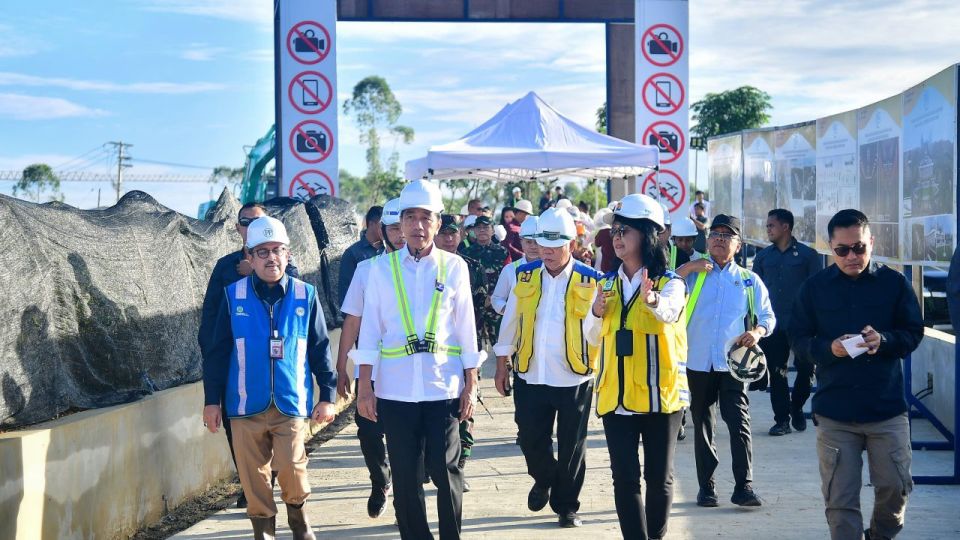June 7, 2024
JAKARTA – The sudden and simultaneous exit of the head and deputy head of the Nusantara Capital City (IKN) Authority is no small matter that can be brushed aside with the acknowledgement that everyone is replaceable.
Indeed, replacements have been found for both Bambang Susantono as IKN Authority head and Dhony Rahajoe as deputy head, but whatever prompted their resignations must not be swept under the rug.
After all, this is the institution tasked with one of the most ambitious undertakings in Indonesia’s history.
We do not know the underlying circumstances, and that fact alone is cause for concern, because it points to a lack of transparency that can be highly detrimental to the investment climate surrounding the megaproject.
Even without inside knowledge, we can safely assume that all is not well at the IKN Authority, and whatever the issue is, it needs to be addressed in a public way to ensure confidence among all parties already involved and those waiting on the sidelines.
A greenfield project of such magnitude as Nusantara requires rock-solid commitment from the government and other key stakeholders as a basis for bringing investors on board, because it is little more than a vision in the early stage.
Because they want to be sure that the next administration shares that vision, potential investors, and foreign ones in particular, have been decidedly reluctant about Nusantara so far.
While that was to be expected up until the election held in February, many had hoped for swift improvement in this regard following the convincing victory of president-elect Prabowo Subianto and vice president-elect Gibran Rakabuming Raka, the son of President Joko “Jokowi” Widodo.
Their victory should have signaled continuity for a project often portrayed as the incumbent’s most salient political legacy, even though the idea goes back decades.
However, the peaceful election, while promising a smooth political transition, does not seem to have put everyone at ease about Nusantara’s future, which suggests that something else might be amiss.
Transparency and accountability are core aspects of good governance. The IKN Authority, and by extension the government, must ensure both of those in order to push the project forward, with just over two months to go until Nusantara’s inauguration on Independence Day.
Progress has undoubtedly been slower than planned, but to be fair, megaprojects around the world tend to have a knack for taking longer, and costing more, than when they are first announced.
In any case, Nusantara looks to be safely beyond the point of no return at this stage, but that only makes good governance at the IKN Authority all the more important.
Therefore, Public Works and Housing Minister Basuki Hadimuljono as the new head of the institution must achieve a lot more than continuity. He must ensure reform.
Continuity appears likely, because Basuki is known for his loyalty to Jokowi, in whose cabinet he has served in the same capacity from Day One, all the way back to 2014.
Specifically referring to the new capital, he stated years ago that he would never reject whatever the President tasked him with. His ministerial experience gives him deep insight into infrastructure development and housing, including all the issues that go along with that in Indonesia, most importantly land acquisition.
But the gauge of success for Basuki and anyone who follows him is not continuity. It is also not how many investors engage in or disengage from the project, but rather whether the people of Indonesia are convinced that this is their project, our common project.
The city carries that mission in its name: Nusantara translates to “Archipelago”. If it is to live up to that name, the new capital must be concerned with the wellbeing of the nation, not just the elite of 2 million or so people who are set to live there.
The city must become a model for livability and sustainability with lessons that can and will be applied in other urban centers across the country.


